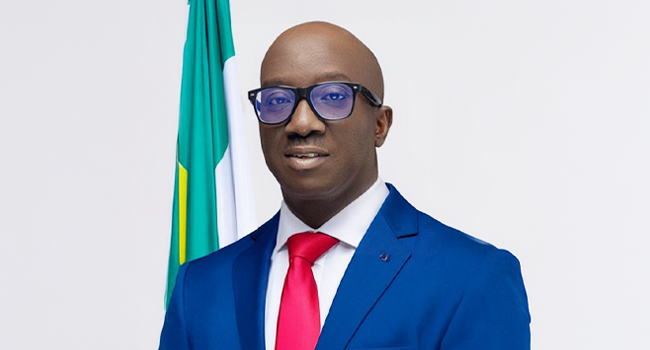A civic society organization, Yiaga Africa, has expressed strong opposition to the recent proposal for the creation of 31 additional states in Nigeria, labeling the initiative as excessive.
In an interview with the News Agency of Nigeria (NAN) on Monday in Abuja, Yiaga Africa’s Executive Director, Mr. Samson Itodo, highlighted concerns over the economic implications of such a significant expansion of administrative units.
The proposal was disclosed by the House of Representatives, which has received calls for the establishment of new states, particularly from regions seeking greater political representation.
While acknowledging the need for additional states in underrepresented areas, especially in the South East, Itodo argued that creating 31 new states would stretch the nation’s already limited resources too thin. He noted that the ongoing demand for new states in Nigeria often stems from ethnic, political, and regional considerations rather than economic viability.
“While arguments for equity, particularly for the South East to achieve parity with other geopolitical zones, are understandable, the proposal for 31 new states seems excessive, given the economic realities,” Itodo stated.
He emphasized that Nigeria is already grappling with the sustainability of its 36 existing states, many of which rely heavily on federal allocations rather than generating their own revenue.
Itodo warned that expanding the number of states without a strategic framework for economic viability, governance efficiency, and resource optimization could worsen the current fiscal crisis. He advocated for a more pragmatic approach that focuses on strengthening existing states, enhancing governance, and ensuring equitable resource distribution, rather than multiplying administrative units that may weaken the federation.
He elaborated on the potential consequences of the proposal, stating, “The addition of 31 new states may end up not satisfying the desire for parity but creating more challenges that would further lead to discontent and feelings of marginalization.”
Itodo also pointed out that the establishment of more states would necessitate the creation of additional state assemblies and an increase in lawmakers at both state and national levels, ultimately escalating the political structure rather than mitigating it.
Yiaga Africa calls for a reevaluation of the proposal, urging a focus on improving governance efficiency rather than creating new states that could drain Nigeria’s already inadequate resources.
The proposed 31 new states include:
– Benue Ala State from Benue State
– Okun State, Okura State, and Confluence State from Kogi State
– Apa-Agba State and Apa State from Benue South Senatorial District and Benue State, respectively
– A 37th state from the Federal Capital Territory, Abuja
– Amana State from Adamawa State
– Katagum State from Bauchi State
– Savannah State from Borno State
– Muri State from Taraba State
– New Kaduna State and Gurara State from Kaduna State
– Tiga State from Kano State
– Kainji State from Kebbi State
– Ghari State from Kano State
– Etiti State as the sixth state for the South East geopolitical zone
– Adada State from Enugu State
– Urashi State from the South East geopolitical zone
– Orlu State from the South Eastern Region of Nigeria
– Aba State from the South Eastern Region of Nigeria
– Ogoja State from Cross River State
– Warri State from Delta State
– Bori State from Rivers State
– Obolo State from Rivers and Akwa Ibom States
– Toru-Ebe State from Delta, Edo, and Ondo States
– Ibadan State from Oyo State
– Lagoon State from Lagos State
– Ijebu State from Ogun State
– Oke-Ogun from Ogun State
– Ife-Ijesha from Oyo and Osun states.
As the debate continues, Yiaga Africa’s stance highlights the complexities surrounding state creation in Nigeria and the pressing need for a balanced approach to governance and resource management.

